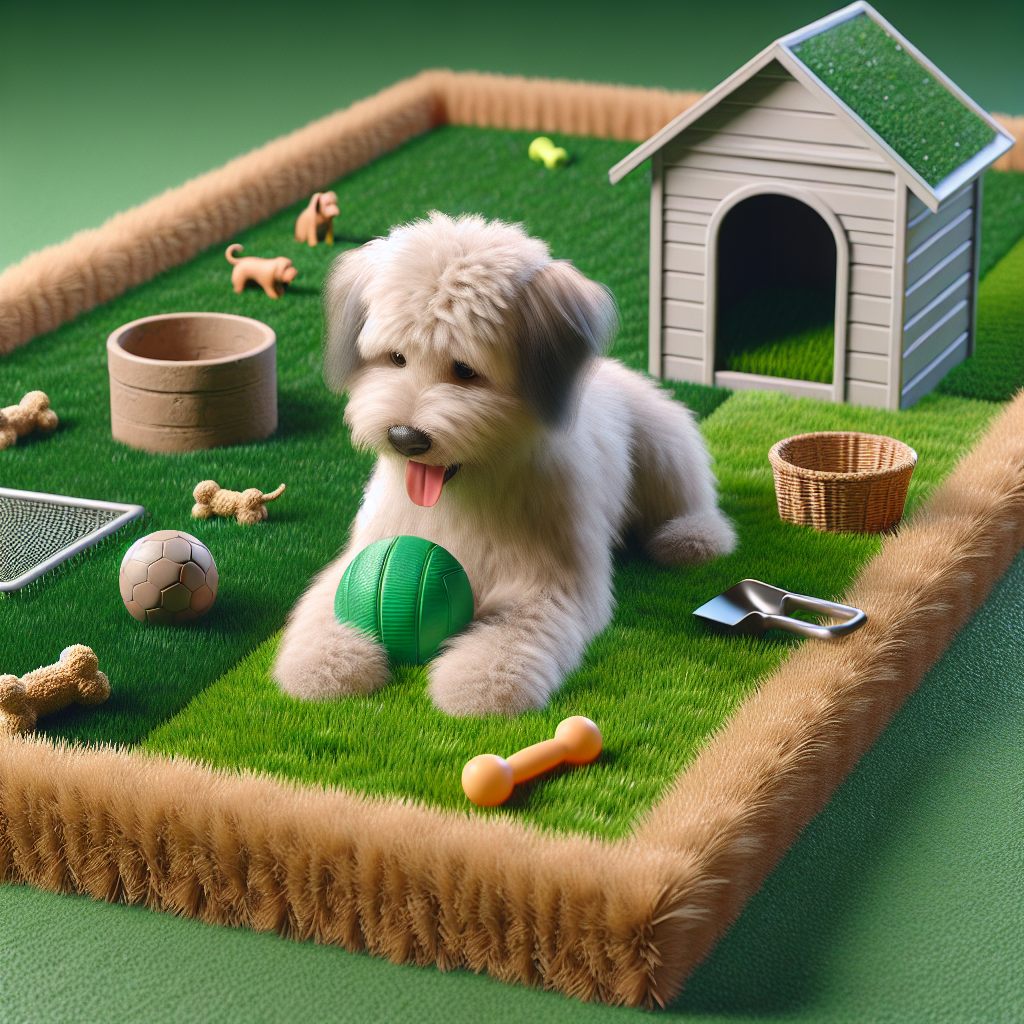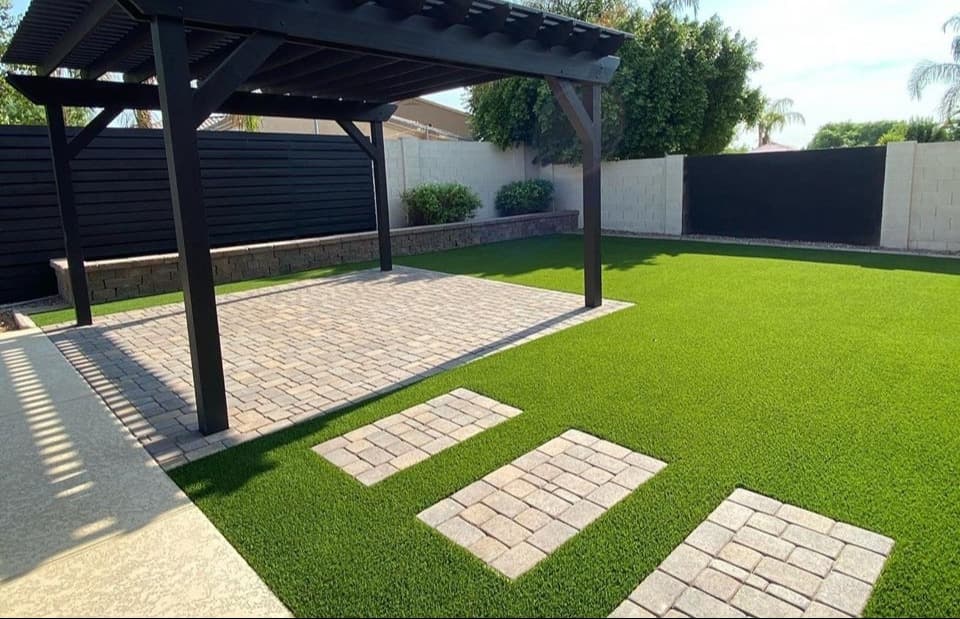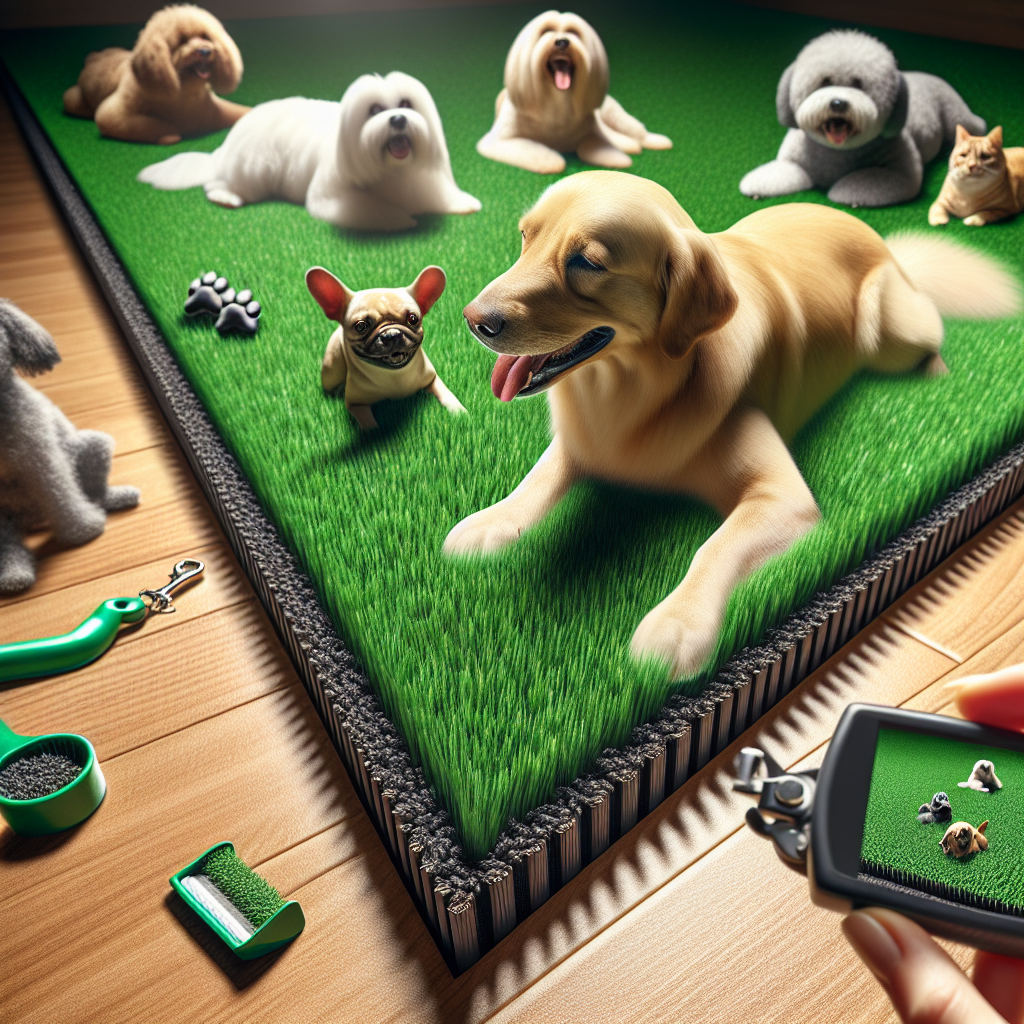
Imagine a lush, green lawn that never wilts or withers, offering a pristine landscape no matter the season. That’s the beauty of artificial grass – a dream come true for many homeowners. But, like any prized possession, it requires some TLC, especially if you have furry friends. One of the pressing questions for pet owners is: “How often should I clean fake grass from dog urine?” Let’s dive into this topic and uncover the secrets to keeping your artificial lawn spotless and fresh.
Artificial grass might be immortal in its appearance, but it’s not immune to the natural activities of our beloved pets. Dog urine, if left unattended, can lead to unpleasant odors and discoloration. Think of it as letting a beautiful painting gather dust; without regular maintenance, its charm starts to fade. Regular cleaning helps maintain the aesthetic appeal and extends the longevity of your artificial lawn.
Dog urine contains nitrogen, which can cause yellowing over time if not properly cleaned. Just as a garden needs water to thrive, your synthetic lawn needs proper care to stay vibrant. By regularly addressing urine spots, you prevent the buildup of ammonia, which is the primary culprit behind the foul smell.
So, how often should you clean your fake grass? The answer depends on several factors, such as the size of your lawn, the number of pets, and the local climate. On average, it’s recommended to rinse your artificial grass at least once a week if you have pets. However, during hotter months or periods of heavy use, you might want to increase the frequency to every few days.
Trust your senses. If you notice any strong odors or see discoloration, it’s a clear sign that your lawn needs attention. Just like a chef wouldn’t ignore a burning dish, don’t ignore these signals from your lawn.
Caring for artificial grass doesn’t require rocket science but knowing the right techniques can make a significant difference.
A straightforward method is to simply rinse the affected areas with water. Using a garden hose with moderate pressure can help wash away urine residues and dilute any lingering chemicals.
For more thorough cleaning, consider using enzyme-based cleaners specifically designed for artificial grass. These products break down organic residues and neutralize odors without harming the fibers.
Prevention is always better than cure. Implementing a few simple strategies can minimize the impact of dog urine on your artificial lawn.
Train your dogs to use specific areas of the yard for their business. This not only makes cleaning easier but also protects the rest of your lawn from frequent exposure.
Establishing a consistent maintenance routine is crucial. A weekly rinse combined with monthly deep cleaning can keep your artificial grass looking its best year-round.
No, dog urine doesn’t damage artificial grass fibers, but it can cause odors and discoloration if not cleaned regularly.
Opt for enzyme-based cleaners designed for artificial grass. They’re effective in breaking down organic waste and neutralizing odors.
Rinsing with water helps dilute and remove surface urine but may not entirely eliminate odors. Combining it with enzyme cleaners ensures thorough cleaning.
An artificial lawn is like a canvas – waiting to be admired and enjoyed. With regular cleaning and proper maintenance, you can ensure it remains a masterpiece. Remember, just as a well-kept home brings joy and pride, a well-maintained lawn offers endless beauty and satisfaction.
If you’re keen on diving deeper into landscape management or need expert advice on maintaining your synthetic turf, check out our comprehensive guide on maintaining an artificial lawn. For broader inspiration on transforming your outdoor space, our detailed landscape section provides invaluable insights.
For further reading on maintaining lawns and gardens and understanding sustainable practices, explore resources by authoritative sources like the Environmental Protection Agency or the extensive guides available at HGTV Outdoors.
Your pristine artificial lawn awaits – happy cleaning!


